Democracies the world over are in deep crisis. Evolution is accelerating bringing huge challenges to advanced societies. Issues resulting from an aging population, globalisation and new technologies have not been faced; the crises resulting from climate change, pandemics and immigration are piling on additional pressures. Nowhere is this democratic failure felt worse than in the USA. Decades of political paralysis between the Democratic and Republican parties has resulted in a hugely discontented electorate.
Legions of Trump supporters are turning the Republican party against democracy. Republican Senators and Congressmen are lining up behind Trump in his rejection of the presidential election result. They are condoning his encouragement of rioters who marched on Congress and built gallows for those politicians who stood in their way. According to Johnathon Friedland writing in the Guardian, surveys show that 30% of Republicans say that “true American patriots may have to resort to violence in order to save our country.” https://www.theguardian.com/commentisfree/2022/jan/07/trump-biden-republicans-election-lies-midterms One of the cradles of modern democracy is in danger moving towards authoritarianism and civil conflict.
With their rejection of democratic processes, the Republican party now represents the antithesis of liberal humanist values. Rational judgement is being replaced by patriotic fervour. Egalitarian policies that help the less well-off are being set aside. Freedoms for women, immigrants and the poor are being supressed. Despite all the recent physical proofs, climate change is still being denied. Their rejection of international co-operation in favour of a narrow view of ‘America First’ nationalism would be disastrous for confronting the coming environmental crisis.
 The old political divisions of left and right are now no longer so important. People have a critical decision to make as to whether they support democracy and liberal humanist values or not. Decades of progress in the health and wealth of citizens of the advanced world are under threat. A battle is coming up for the heart and soul of the electorate. Liberal humanists need to recognise the danger and to rally around the cause. Rejection of liberal humanist values in favour of a narrow tribal nationalism would be disastrous for international co-operation, the environment, and the future of our children
The old political divisions of left and right are now no longer so important. People have a critical decision to make as to whether they support democracy and liberal humanist values or not. Decades of progress in the health and wealth of citizens of the advanced world are under threat. A battle is coming up for the heart and soul of the electorate. Liberal humanists need to recognise the danger and to rally around the cause. Rejection of liberal humanist values in favour of a narrow tribal nationalism would be disastrous for international co-operation, the environment, and the future of our children
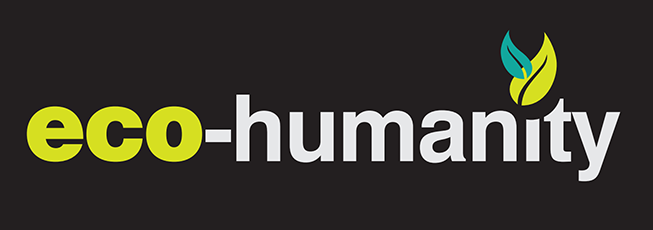
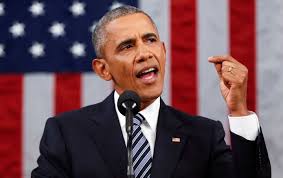 Democracy demands that the religiously motivated translate their concerns into universal, rather than religion-specific, values. It requires that their proposals be subject to argument, and amenable to reason. I may be opposed to abortion for religious reasons, but if I seek to pass a law banning the practice, I cannot simply point to the teachings of my church or (invoke) God’s will. I have to explain why abortion violates some principle that is relevant to people of all faiths, including those with no faith at all.
Democracy demands that the religiously motivated translate their concerns into universal, rather than religion-specific, values. It requires that their proposals be subject to argument, and amenable to reason. I may be opposed to abortion for religious reasons, but if I seek to pass a law banning the practice, I cannot simply point to the teachings of my church or (invoke) God’s will. I have to explain why abortion violates some principle that is relevant to people of all faiths, including those with no faith at all.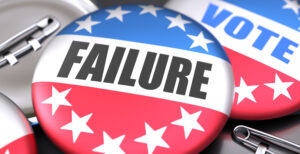 Over the past few months, we have seen a glimpse of the future direction that evolution is taking us. Catastrophic destruction of the natural world has resulted in floods, fires and pandemics. We’ve known of this potential outcome for decades. However, precious little has happened to stop it occurring.
Over the past few months, we have seen a glimpse of the future direction that evolution is taking us. Catastrophic destruction of the natural world has resulted in floods, fires and pandemics. We’ve known of this potential outcome for decades. However, precious little has happened to stop it occurring.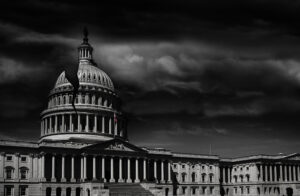 A country’s democratic systems of government age over time. It’s operational arteries, unable to adapt to a changing world, become sclerotic, and a cancer of vested interests invades the organs of government. No longer able to function for the good of all, democracies become increasingly distanced from the electorate at large.
A country’s democratic systems of government age over time. It’s operational arteries, unable to adapt to a changing world, become sclerotic, and a cancer of vested interests invades the organs of government. No longer able to function for the good of all, democracies become increasingly distanced from the electorate at large. It’s depressing, the forces of darkness almost won. Even after 4 years of disorganised, divisive and retrograde government, almost 50% of Americans voted for Donald Trump. It seems they didn’t mind the lies and the irrational, racist and illegal behaviour. Although the less well-off were the back bone of his support, nothing had been done to improve their economic or health prospects. His much-heralded financial reforms, merely made the rich, and particularly Donald Trump, richer; his attacks on Obama Care reduced their access to medical support. Despite this, his appeal to the emotions and prejudices of his supporters remained strong and even grew.
It’s depressing, the forces of darkness almost won. Even after 4 years of disorganised, divisive and retrograde government, almost 50% of Americans voted for Donald Trump. It seems they didn’t mind the lies and the irrational, racist and illegal behaviour. Although the less well-off were the back bone of his support, nothing had been done to improve their economic or health prospects. His much-heralded financial reforms, merely made the rich, and particularly Donald Trump, richer; his attacks on Obama Care reduced their access to medical support. Despite this, his appeal to the emotions and prejudices of his supporters remained strong and even grew.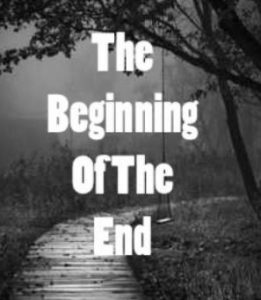 are entering the end game, when human advance can no longer be taken for granted.
are entering the end game, when human advance can no longer be taken for granted.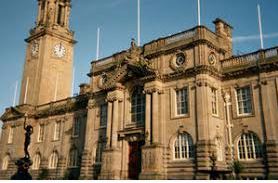 Local democracy is in deep crisis. Starved of funds by central government, but still with the same legal responsibilities, it is struggling to cope with the many problems laid at its door. Disconnected with its electorate (only a third of people vote in local elections), it is failing to provide adequate leadership. Council services are failing across the country. How have we got in this mess?
Local democracy is in deep crisis. Starved of funds by central government, but still with the same legal responsibilities, it is struggling to cope with the many problems laid at its door. Disconnected with its electorate (only a third of people vote in local elections), it is failing to provide adequate leadership. Council services are failing across the country. How have we got in this mess?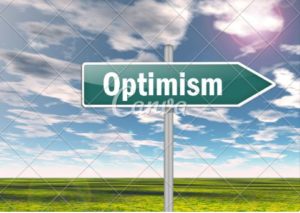 Boris Johnson’s recipe for the future of the UK is clearly based on energy and optimism. The belief that if you think something will happen, put aside negative thoughts and stride forward with enthusiasm, you will succeed. However, if the direction is wrong and there is not sufficient analysis and forethought, it is also a recipe for disaster. A splendid piece by Tim Lott in the Guardian warns of the dangers ahead.
Boris Johnson’s recipe for the future of the UK is clearly based on energy and optimism. The belief that if you think something will happen, put aside negative thoughts and stride forward with enthusiasm, you will succeed. However, if the direction is wrong and there is not sufficient analysis and forethought, it is also a recipe for disaster. A splendid piece by Tim Lott in the Guardian warns of the dangers ahead. The Turk Umut Ozkurmh has been pondering the rise of the far right in Sweden, where he lives. This paragraph from his article in the Guardian is worth quoting:
The Turk Umut Ozkurmh has been pondering the rise of the far right in Sweden, where he lives. This paragraph from his article in the Guardian is worth quoting: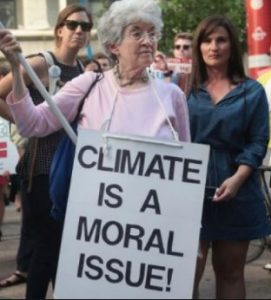 We are suffering a crisis of moral leadership. Our religious and political leaders are overwhelmed by their own issues born of past events. No one is looking at the big picture or is statesman enough to to lead us safely through the year’s ahead.
We are suffering a crisis of moral leadership. Our religious and political leaders are overwhelmed by their own issues born of past events. No one is looking at the big picture or is statesman enough to to lead us safely through the year’s ahead.